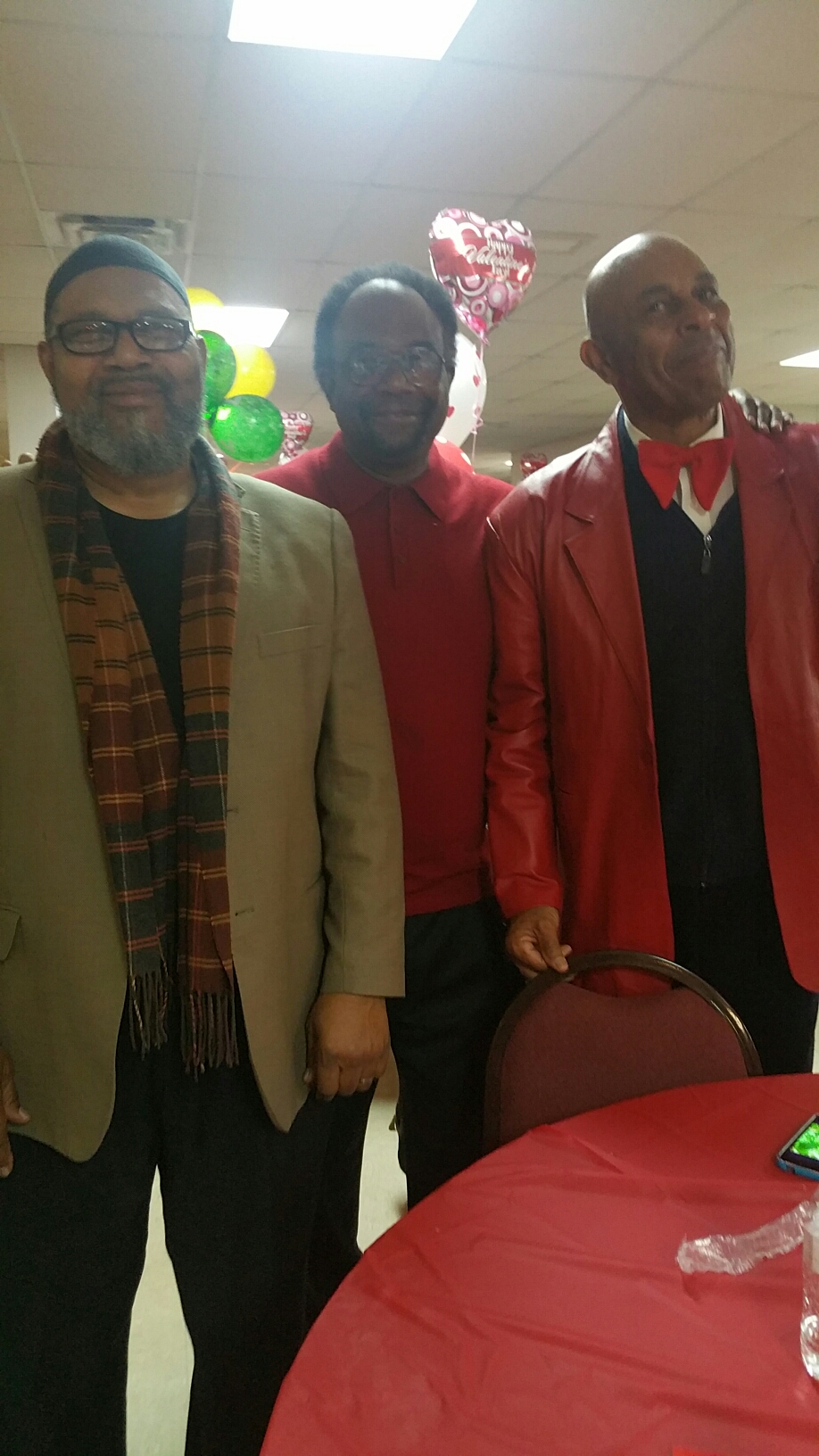
By Hugh Latham
Special to The Mississippi Link
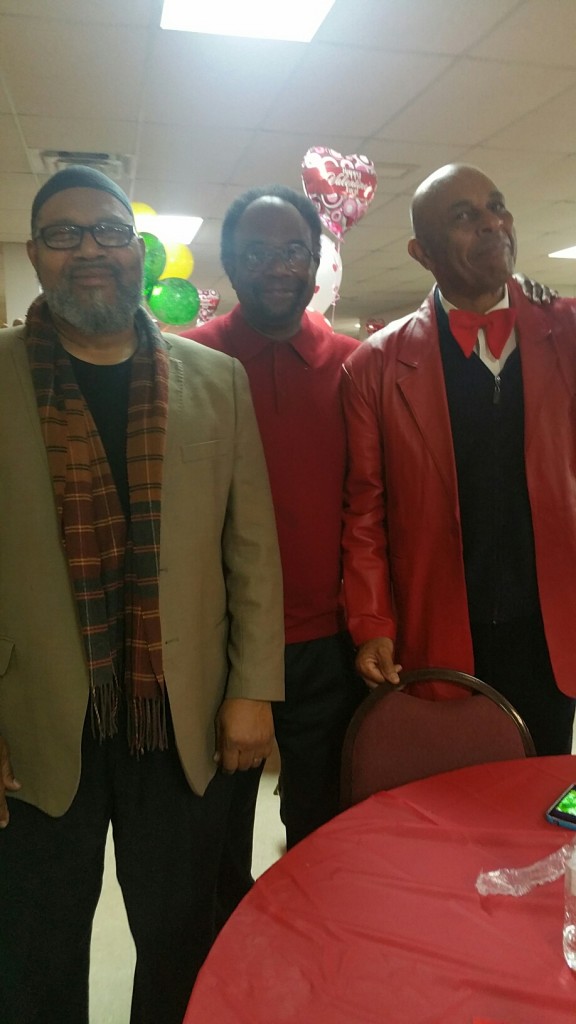
The construction of the skyline of Jackson used the hard work and talents of many small black contractors.
After World War II and through the 1980s, these contractors poured concrete, laid brick, plastered, hung sheet rock, painted, framed and supplied most of the manual labor in the actual creation in most Jackson landmarks. From high-rise buildings, shopping centers, office complexes, hospitals, housing subdivisions, and many more, black contractors supplied the skilled craftsman and manual manpower.
My father, W.L. Latham, was one of these contractors who poured concrete for projects in Jackson, Hinds County and across the state. From my childhood through high school, my summers were spent watching and working with my father and my seven brothers as we poured concrete on all types of projects in the area.
As I look back over my father’s accomplishments, I am amazed that this happened against the backdrop of legal and cultural segregation in Jackson during the 1940s through the 1970s.
My father was well known by many of the white construction companies in the area, and because of this, he had to walk a fine line on what they knew. He like so many others who depended on getting contracts had to be careful on what information was disclosed about his involvement in the civil rights movement.
My youngest brother tells the story of how people were surprised that my father could read engineering drawings of a street layout, use a survey instrument, find elevation, slopes, layout the radius of streets and build all the streets with only an seventh-grade education. He was driven by the desire for knowledge and the necessity to provide for a large family. My brother later became an architect, and I became an engineer.
We grew up in a blended family, with seven brothers and two sisters. My three older brothers were from my father’s first wife, but because they call my mother, Mother, I did not realize they had a different mother until I was in about the seventh grade.
My brother, W.L. Latham Jr. (Frank’s World Famous Biscuits), ran a restaurant for many years in Jackson. My brother John tells the story of how he and Junior were coming from a juke joint in Vicksburg and got stopped by a state trooper name Giggie Martin. They were ordered out and were instructed to place their hands on the car. John stated that after an open bottle of liquor was found in the vehicle, he knew they were going to get a beat down and spend a night in jail. When the officer learned they were the sons of ‘Red’ Latham, John stated that the liquor was given back and they were instructed to drive straight home.
The civil rights struggle had many moving parts. There were many people agitating openly for social change and also some that would tell my father they knew it was wrong but could not openly challenge the status quo.
My sister, Arenthia, told the story about the night at the height of the time when Freedom Riders were active in the state. My father took her to a gas station on Terry Road. He introduced her to a white gas station operator, and she was instructed that if she needed a place of safety, she could go there and stay in his “safe” room until my father picked her up. On one job site, the owner took black and white workers through the front door of a restaurant so that each of them could order lunch. It was customary that black patrons used the back door.
Many of the general contractors that hired my father used him over and over again, and many spoke in a professional way with my father about the work he was performing.
But on one Saturday morning when I was in high school, my father asked me to go with him to measure the weeks’ work on a subdivision he was pouring south of Jackson. We had just finished measuring, and I had figured up the bill of little more than $2,000. The owner drove up in a new Cadillac and lowered his window. He took out his checkbook, but before my father could give him an amount, he had a joke for my father. “Hey Red, if you take a N (black), D (Italian ) and a W (Jew) . . .” By this time I was looking at the ground and had zoned out what he was saying. I saw by father clinch his fist on the side away from view. I am quite sure the joke lasted about a minute, but it seemed like an hour.
After he finished, my father gave a half chuckle and said, “You owe me $2,500.” In my father’s valid anger toward the owner, he increased the price for what he was owed as a way to make the owner pay for telling him such a racist joke, especially in my presence. The check was written and the owner drove off.
My father and I climbed into his truck and drove home. Not a single word on the what had just happened was exchanged between us. It was not until I was in college when I asked him if he remember the incident. He turned to me and gave a big smile.
The photos accompanying this story represent some of the buildings where my father poured concrete in the Jackson area. Some of the buildings have since been re-named.
My father and many more like him worked long hard hours in all types of weather, subjected to legal discrimination that limited what they could accomplish.
Each time I return to Jackson, I drive by many buildings and it seems I can hear my father’s voice.
Hugh Latham is a Jackson native who now lives in Greensboro, N.C. He is president of Centurion Systems, Inc.
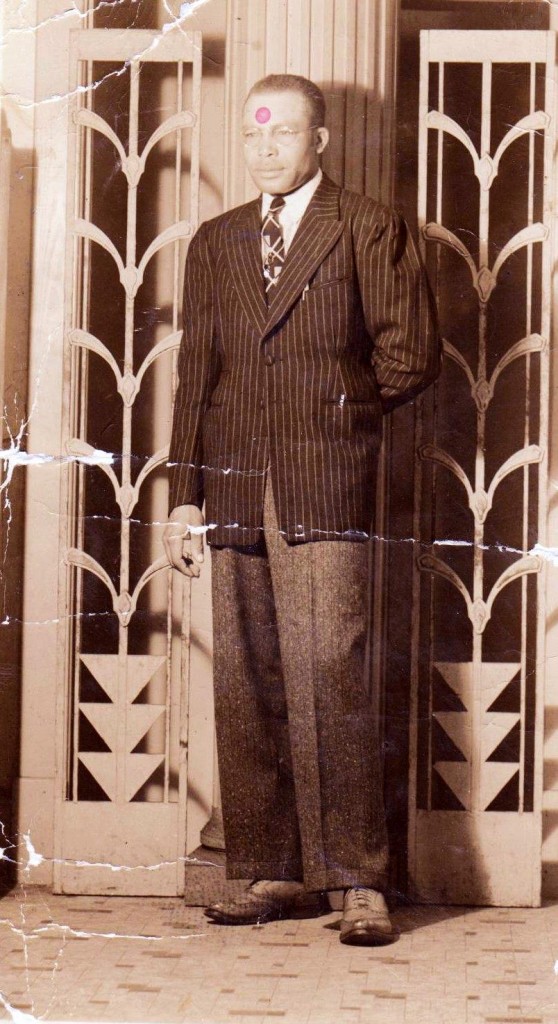

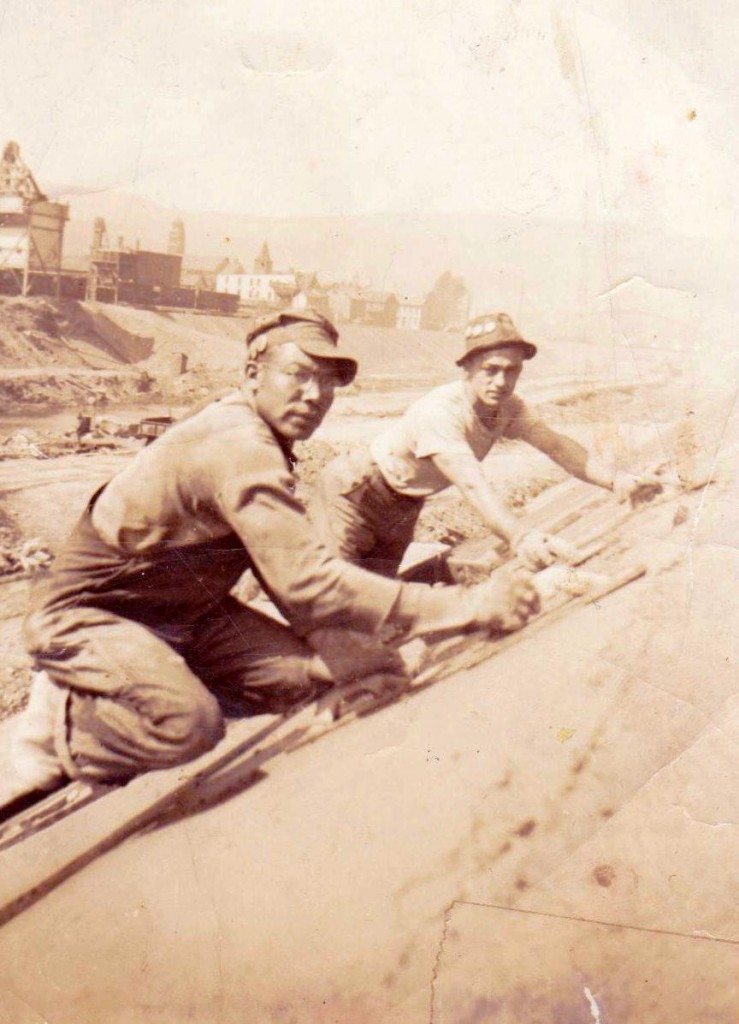
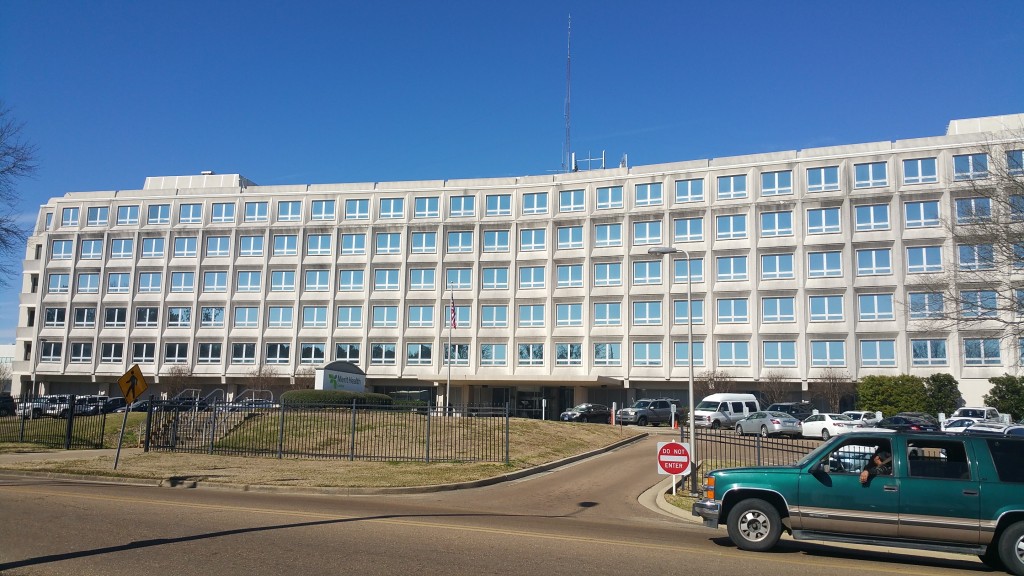
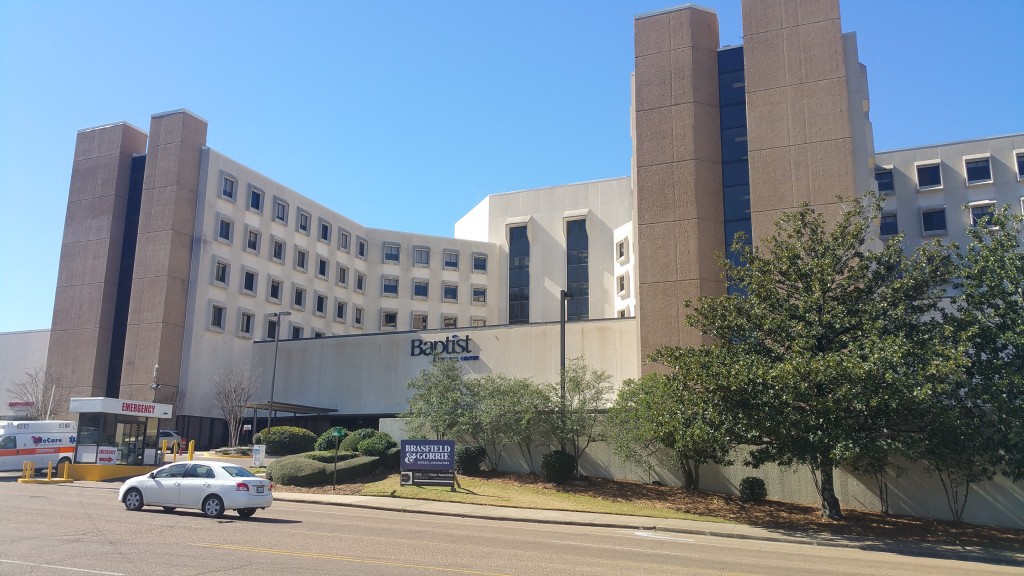
Be the first to comment